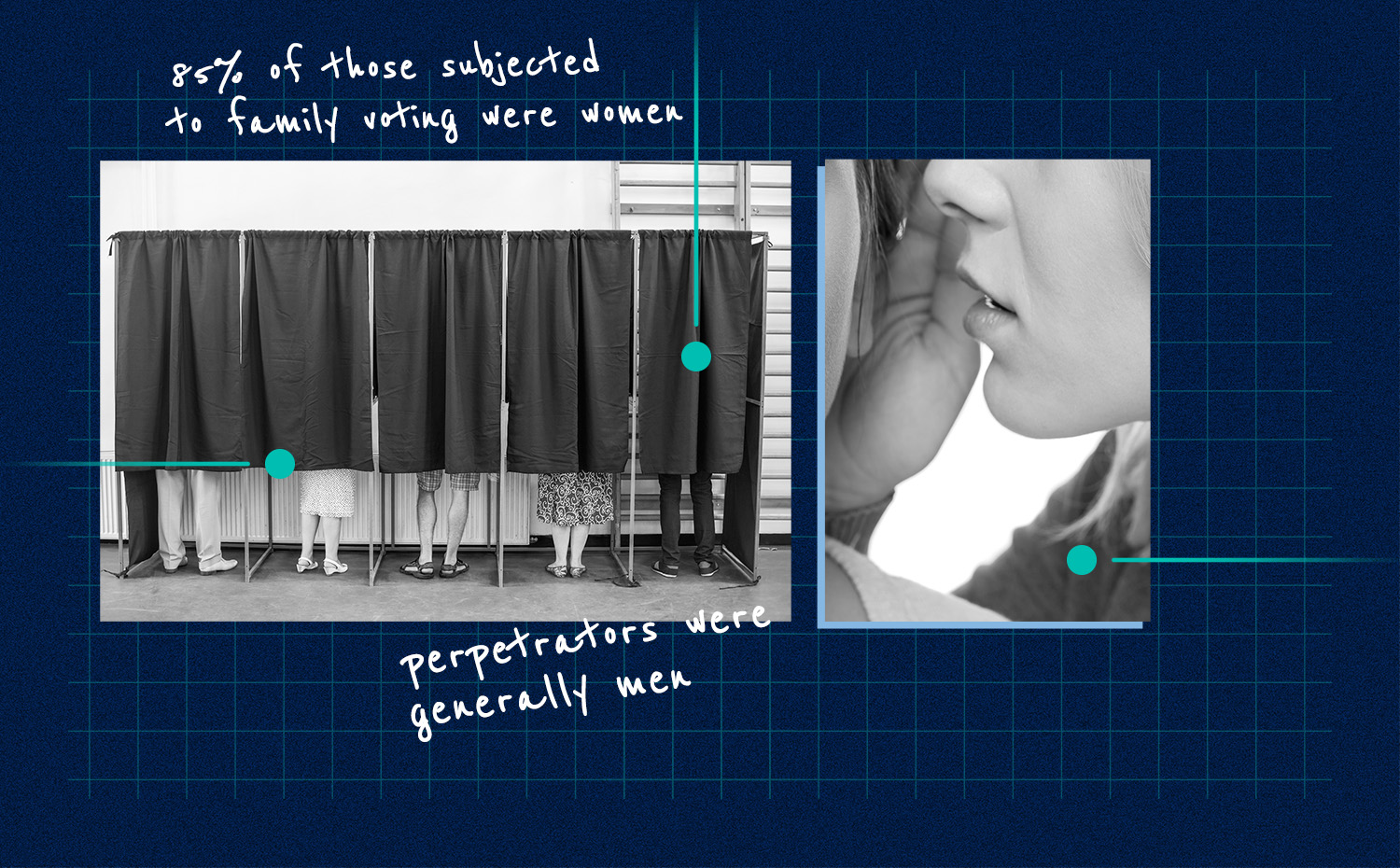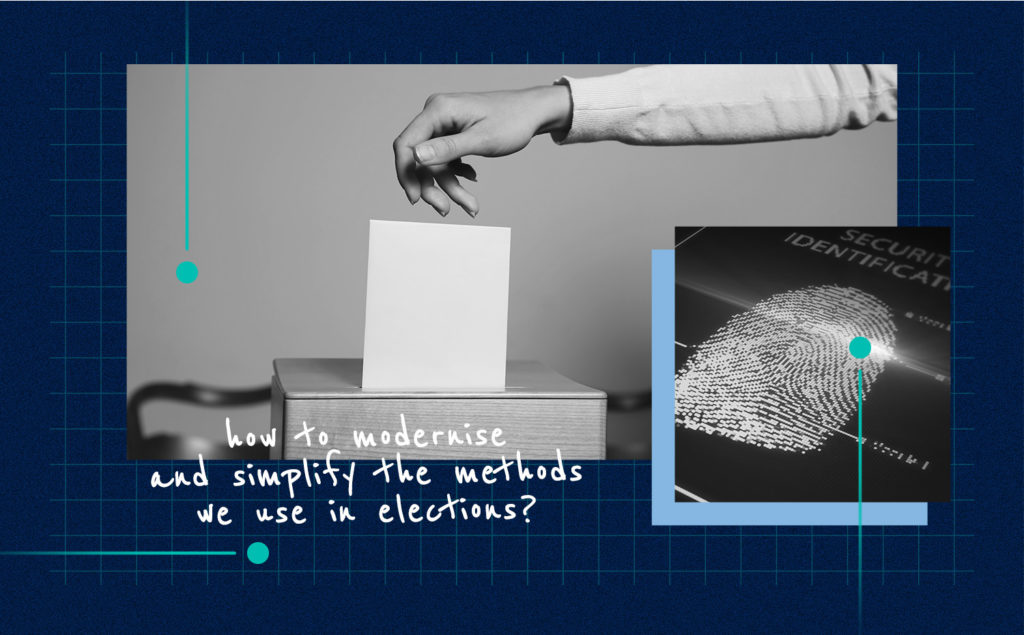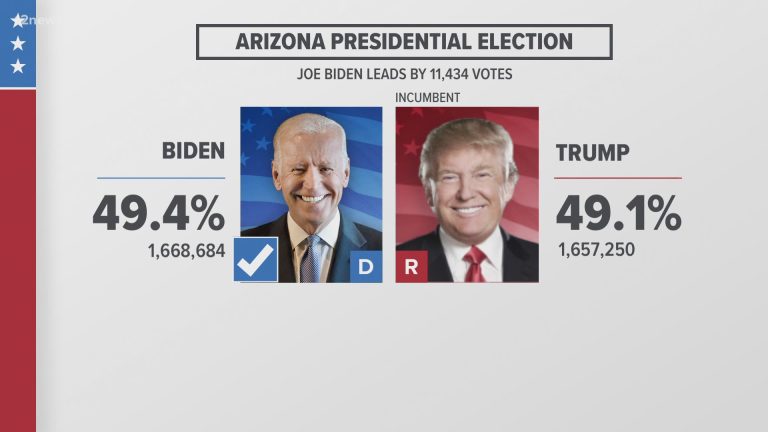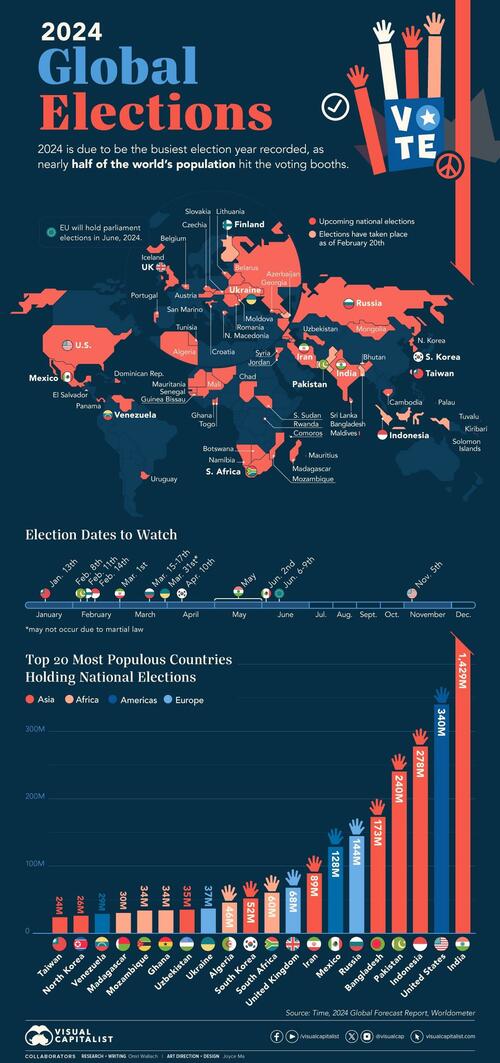

7 Ways to Fight Back Against the Election Fraudsters
The integrity of our elections is the bedrock of a functioning democracy. Unfortunately, the specter of election fraud, whether through sophisticated schemes or simple voter suppression tactics, continues to cast a shadow. While the scale of such actions is often debated, the potential consequences are undeniable. This article outlines seven proactive strategies to combat election fraud and safeguard the democratic process. These strategies aren’t about partisan politics; they’re about protecting the right to vote – a right hard-won and continuously vulnerable.
1. Become a Poll Worker: The Frontline Defense
Forget passive observation; become an active participant. Serving as a poll worker puts you directly at the heart of the electoral process, offering a firsthand view of its functionality (or dysfunction). You’ll witness the procedures, identify potential issues, and become a crucial guardian against irregularities. Many jurisdictions desperately need poll workers, and the experience is both rewarding and empowering.
| Benefit | Description |
|---|---|
| Direct Observation | Witness the process firsthand. |
| Issue Identification | Spot potential problems in real-time. |
| Deterrent Effect | Presence deters fraudulent activity. |
2. Master the Art of Election Observation: Eyes Wide Open
Even if you can’t be a poll worker, you can still be a vigilant observer. Learn the election laws in your jurisdiction. Understand what constitutes legal and illegal behavior. During election day, observe polling places – respectfully, of course – and document any irregularities you witness. This could include long lines disproportionately affecting certain demographics, malfunctioning machines, or questionable voter assistance practices. Photo and video documentation, while respecting voter privacy, can be invaluable evidence.
3. Embrace Fact-Checking and Media Literacy: Disinformation Deconstruction
The battle against election fraud extends beyond the polling place. Disinformation campaigns seek to undermine faith in the electoral process by spreading false narratives and conspiracy theories. Become a discerning consumer of information. Develop critical thinking skills to identify misinformation and propaganda. Utilize reputable fact-checking websites and cross-reference information from multiple reliable sources.
4. Support Election Integrity Organizations: Collective Action
Numerous organizations are dedicated to promoting election integrity and combating fraud. These groups conduct research, provide legal support, advocate for policy changes, and educate the public. Supporting these organizations, through volunteering your time or donating funds, amplifies their efforts to safeguard the electoral process.
5. Advocate for Election Reform: Systemic Solutions
Fighting election fraud isn’t just about reacting to problems; it’s about proactively preventing them. Advocate for election reforms that enhance security and transparency. This includes pushing for measures like improved voter registration systems, enhanced auditing procedures, and stronger safeguards against cyberattacks. Contact your elected officials, participate in public forums, and engage in respectful dialogue to promote positive change.
6. Report Suspicious Activity: Whistleblower Power
If you witness or suspect election fraud, report it immediately to the appropriate authorities. This could include local election officials, state attorneys general, or federal agencies responsible for election oversight. Document any evidence you have, and be prepared to provide detailed information about the incident. Your report could play a crucial role in preventing fraud and holding perpetrators accountable.
7. Promote Civic Engagement: A Stronger Democracy
The most powerful defense against election fraud is a robust and engaged electorate. Encourage friends, family, and community members to register to vote and participate in the electoral process. Promote voter education initiatives and empower individuals to understand their rights and responsibilities as citizens. A more informed and engaged population is less susceptible to manipulation and fraud. The fight for election integrity is a collective effort. Your participation, in whatever form, is crucial to safeguarding the future of our democracy.

Additional Information
A Deeper Dive into Fighting Back Against Election Fraud: Analysis and Insights
The assertion that there are readily available methods to “fight back” against election fraud requires careful nuance. While combating election fraud is crucial for democratic integrity, the methods employed must be legally sound, ethically responsible, and based on verifiable evidence, not unsubstantiated claims. The effectiveness of any approach hinges on understanding the specific types of fraud, their scale, and the legal framework governing election processes.
Let’s analyze potential “fight-back” strategies mentioned in a hypothetical article “7 Ways to Fight Back Against Election Fraudsters,” adding depth and critical analysis:
1. Enhanced Voter Registration and Verification:
- Analysis: This is a proactive approach, focusing on preventing fraud before it happens. Effective voter ID laws and robust registration systems with checks against duplicate registrations are vital. However, overly restrictive laws can disenfranchise eligible voters, particularly minority groups and the elderly.
- Example: Georgia’s stricter voter ID law has been challenged in court, highlighting the legal complexities and potential for discriminatory impact. Studies on the effects of voter ID laws show varied results, depending on implementation and enforcement. Some studies indicate a slight decrease in voter turnout, disproportionately affecting certain demographics.
- Insight: The balance between security and accessibility is paramount. A well-designed system should incorporate modern technology (e.g., online registration with secure verification) while safeguarding against manipulation and ensuring equitable access for all eligible citizens.
2. Strengthening Election Security Measures:
- Analysis: This involves securing voting machines, improving cybersecurity infrastructure, and implementing rigorous audit trails. Blockchain technology and post-election audits are increasingly discussed but require careful consideration of costs and feasibility.
- Example: The 2020 US election saw increased scrutiny of voting machine security, with claims of irregularities largely unsubstantiated by credible investigations. The ongoing debate about paper trails versus electronic voting systems reflects the complexity of achieving both security and efficiency.
- Insight: A multi-layered security approach is crucial. This includes physical security of polling places, robust cybersecurity defenses against hacking and malware, and transparent audit procedures verifiable by independent observers.
3. Promoting Election Transparency and Observation:
- Analysis: Openness in the electoral process is vital. Allowing independent observers from different political parties to monitor voting and counting processes can deter fraud and build public trust.
- Example: The OSCE (Organization for Security and Co-operation in Europe) regularly deploys election observation missions worldwide, providing reports on the fairness and transparency of elections. Their observations can highlight areas for improvement in election administration.
- Insight: Clear guidelines for observers, ensuring impartiality and preventing intimidation, are crucial for effective observation. Publicly accessible data on voter turnout, voting patterns, and audit results can promote transparency and accountability.
4. Investigating and Prosecuting Election Fraud:
- Analysis: This is a reactive approach, focusing on identifying and punishing fraudulent activities after they occur. Effective investigation requires dedicated law enforcement agencies with expertise in election-related crimes.
- Example: The prosecution of individuals involved in voter fraud, such as instances of ballot stuffing or impersonation, demonstrates the importance of accountability. However, the number of successful prosecutions relative to the number of alleged incidents often remains low, suggesting challenges in investigation and evidence gathering.
- Insight: Efficient investigation requires inter-agency cooperation, technological expertise for digital evidence analysis, and robust legal frameworks with clear definitions of election-related offenses.
5. Media Literacy and Combating Disinformation:
- Analysis: The spread of misinformation and disinformation about election fraud can undermine public trust and incite violence. Promoting media literacy and fact-checking initiatives is crucial.
- Example: The spread of false claims about widespread voter fraud in the 2020 US election highlights the vulnerability of democratic processes to online disinformation campaigns. Fact-checking organizations played a critical role in debunking these claims, but their reach was limited.
- Insight: Collaborations between fact-checkers, social media platforms, and educational institutions are needed to counter disinformation effectively. Developing critical thinking skills among citizens is vital for identifying and resisting manipulative narratives.
6. Strengthening Civic Engagement and Participation:
- Analysis: High voter turnout and active civic participation can dilute the impact of fraudulent activities. Efforts to encourage voting, particularly among marginalized communities, are crucial for democratic health.
- Example: Successful voter registration drives, especially targeting young people and minority groups, demonstrate the importance of proactive engagement to ensure a representative electorate.
- Insight: Addressing the underlying causes of low voter turnout, such as voter suppression tactics and lack of access to polling stations, is essential for improving democratic participation.
7. Supporting Independent Election Oversight Bodies:
- Analysis: Independent and impartial election commissions play a crucial role in ensuring the integrity of the electoral process. Their authority and resources must be protected from political interference.
- Example: The success of independent election commissions in various countries in promoting fair and credible elections demonstrates their critical role. However, in some contexts, these bodies may face political pressure or lack adequate resources.
- Insight: Ensuring the financial and operational independence of election commissions is essential for their effectiveness. Protecting them from political influence and ensuring sufficient funding are vital for maintaining public trust.
In conclusion, combating election fraud requires a multi-faceted approach encompassing proactive prevention, reactive investigation, and building public trust. Focusing solely on one aspect is insufficient. A holistic strategy grounded in evidence, legality, and ethical considerations is essential to safeguarding democratic processes. The depth of analysis and understanding of the challenges involved far surpasses a simplistic list of seven “ways to fight back.” It demands continuous vigilance, adaptation, and a commitment to democratic principles.




